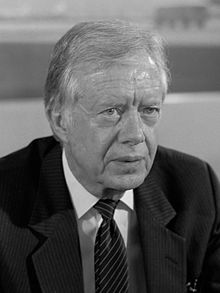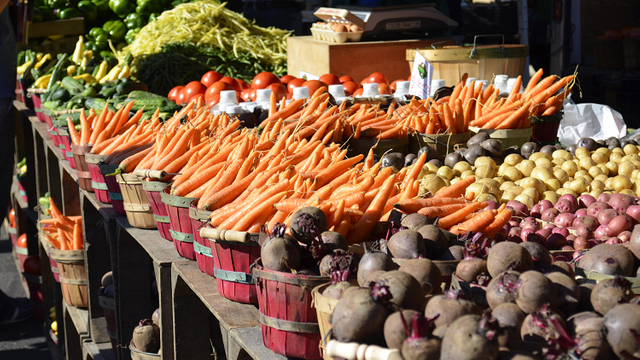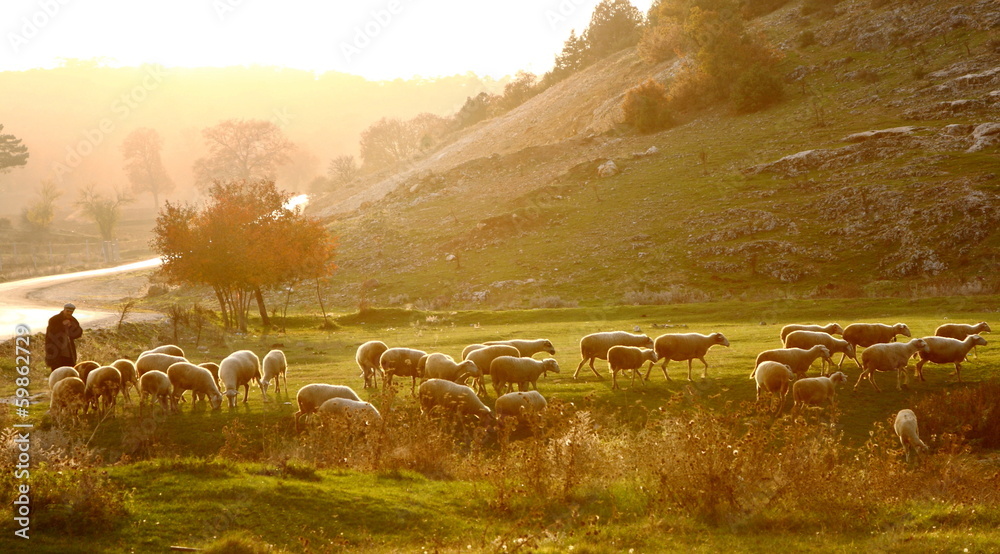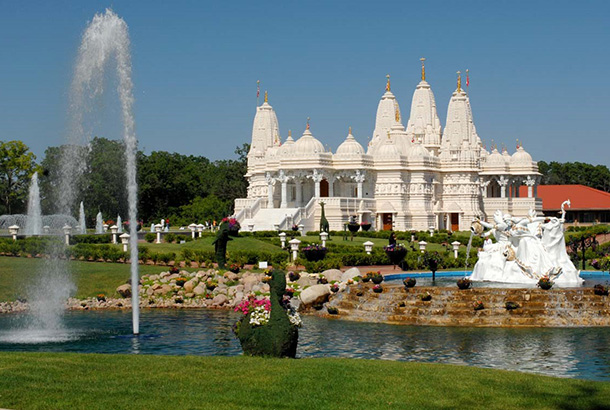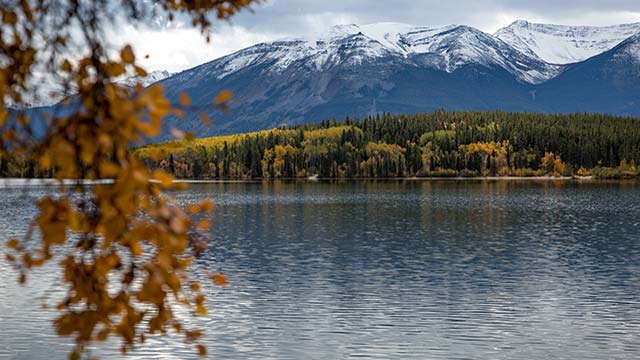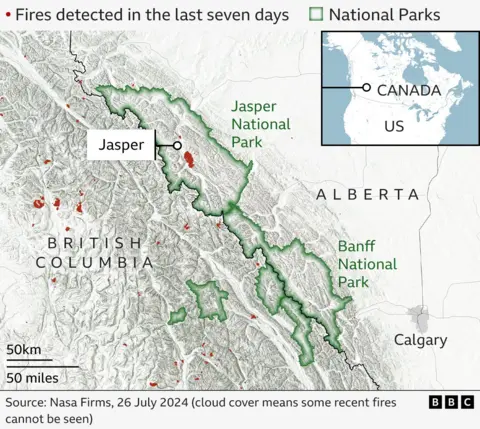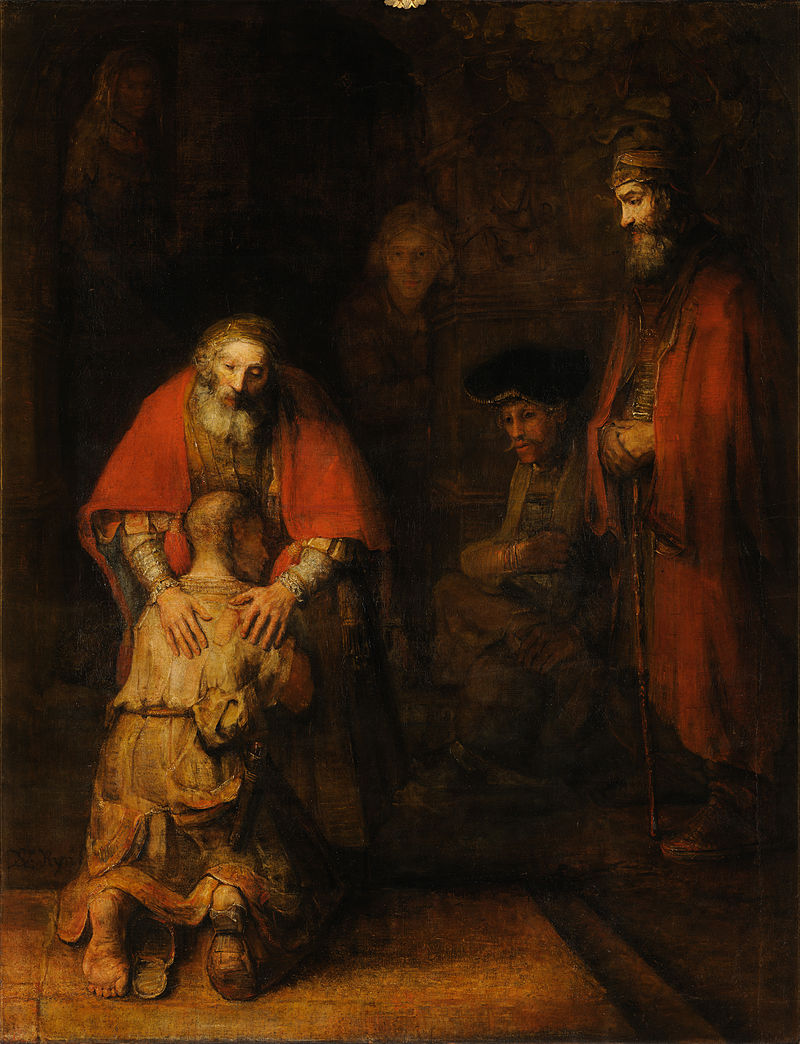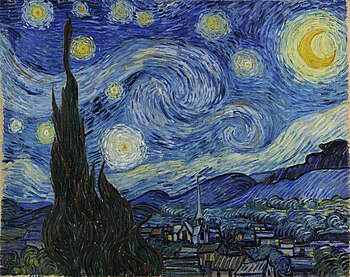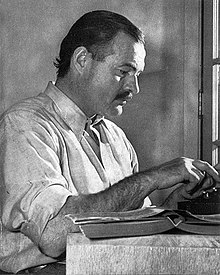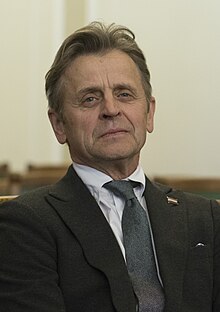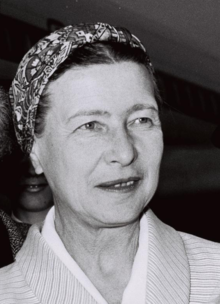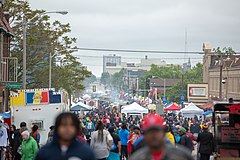In his Siddhartha, author Hermann Hesse, a German novelist whose works were highly popular in the soul-searching years of the Sixties and Seventies, recounts the journey of the prince who would later be the Buddha. As he tells the story, Siddhartha, a young prince of immense wealth and privilege, grew increasingly dissatisfied with his life. Is there anything else, he wondered, to existence besides material abundance?
So one day Siddhartha left the palace for the open road. As he did, he encountered, in succession, an elderly man, a sick man, and a dead man. He had never seen aging; he had never experienced sickness; he had never known of death. These sights shattered all of the categories he had for understanding the world.
After many months of wandering, the prince arrived at a river, a peaceful, flowing river. He was struck by the river's steadiness, its gentle rhythms and lingering quiescence, the way it seemed to flow unhindered, unbidden, ever and always free. Yet it always remained the same.

So should be, Siddhartha concluded, life: a single and continuous present, never beginning, yet never really ending, too. We live into existence as a river. It's all we need. In the river, we see truth: everything is one.
You may agree with the young prince's conclusion, you may not. Either way, we all ought to acknowledge that if truth does indeed exist, it is likely not something that we humans create.
That would undermine the entire point. If a river is all that life is, we'll never really know it, for once we do, we don't.
Maybe we really do need a God.

